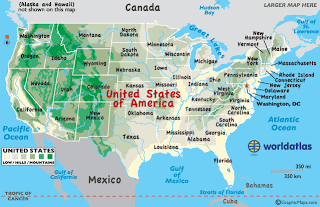Ernest Hemingway (1899 to 1961, Nobel Prize 1954) is an iconic figure of the super-macho, hard drinking, womanizing, big game and sport fishing, bull fight loving American war reporter turned literary writer. I recently read through his complete short stories and among them are some genuine classics.
The Son Also Rises was Hemingway's first novel. Set in Paris and Spain between the world wars, it centers on two Americans, alcoholics both. I see this book as a classic according to American High School teachers trying to be patriotic, teachers who have never read Proust, Henry James, Balzac, Flannery O'Connor, or hundred of real classics. I know his style had great influence on American Literature. I got tired of the constant remarks about Jews in the novel. I know this is how mainstream Americans often thought in 1925 and of course it does not mean Hemingway was anti-Semitic I just got sick of it and caused me to lose interest in the novel. In 1941 or so I could see Germans in Paris saying, "here is true American classic". The central characters did not interest me. I also do not like cruelty to animals and the bullfighting and bull running sections are all about this. It would be a travesty to place this on a par with the truly best of world literature. If you like drunken, Jew hating characters who love seeing bulls killed for sport, this is your classic.
The edition of the book I read is The Ernest Hemingway Library Edition, forthcoming this year. It contains articles by a son and a grandson of the author, deleted chapters and early revisions. I skipped the added material, few but those who teach Hemingway will read them and the introduction had really nothing new to say.
If you want to experience the best of Hemingway, read his short stories. If you want to read this novel, get a library copy. I do not suggest the purchase of this book, projected price is $26.00 to anyone who does not have a poster of Hemingway in his "man cave. It seems just like a transparent grab for profits.
Mel u



.jpg)


.jpg)









